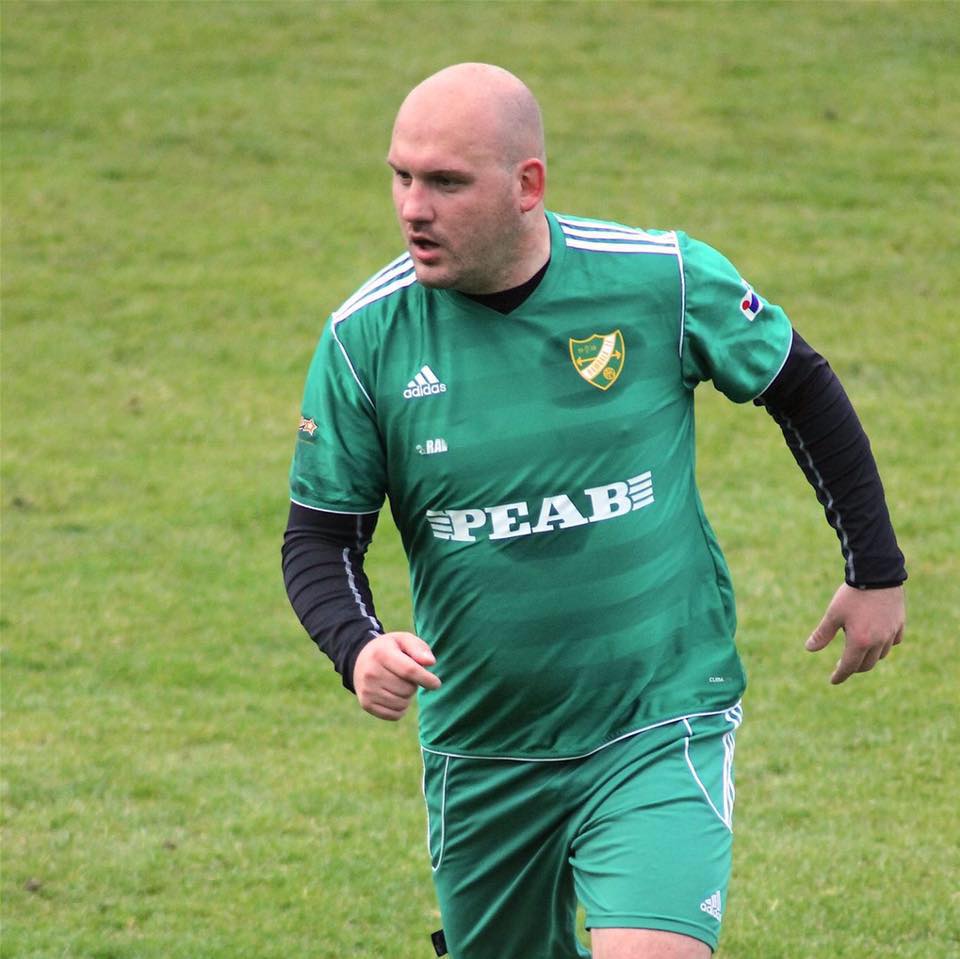
Earning a PhD in Sweden; Massimo Panarotto shares his story
- Post by:
- 25th October 2016
- No Comment
Who are you, and what is your background?
My name is Massimo Panarotto. I come originally from Italy, where I graduated in 2011 in Mechanical Engineering at University of Padua.
During the six months of my master thesis, I was an exchange student at Luleå University of Technology (LTU) at the Division of Functional Product Development, directed by Professor Tobias Larsson.

After graduation, I accepted a position as Ph.D. candidate at Blekinge Institute of Technology (BTH) in Karlskrona, Sweden. Here I earned my Ph.D. degree in Mechanical Engineering in December 2015. I am currently working in the same university, as a post-doctoral fellow in product innovation.
On my spare time I like to read and play guitar. I also do like sports, and I play as forward in a local football team, Ramdala IF.
In which department are you working now?
I am working at the Department of Mechanical Engineering, doing research in “Product Development Research Lab (PDRL)”, directed by Professor Tobias Larsson.
Why did you decided to take a path towards a Ph.D.? I just want to understand what motivates a fellow to continue studying for an additional 4-5 years after having already become a Mechanical Engineer. Why did you do this to yourself?
Ha ha, this is a good question. The money? You get paid to have fun!
Actually, during my university studies in Padua I had never thought about becoming a Ph.D. I was more oriented to get my degree, become a Mechanical Engineer, and get a job in industry. But during my master thesis I had the opportunity to work with Professor Larsson and other researchers at LTU, and I started to slowly realize that the competences required for a Mechanical Engineer nowadays are much wider than those expected just five, ten or twenty years ago. The engineer does not have to deal with the “traditional tasks” (like structural analysis), but has also to get insights and understand about many other aspects (such as customer value, sustainability, and even sociology and humanities).
New methods and ways of working are required to complete the “toolbox” for the engineer of tomorrow. This is why I decided to become a Ph.D. candidate. It feels extremely exiting to explore and study how this toolbox has to look like in the future.
And how do you study this? I assume that the answer does not lie in the textbooks…
Exactly! This is I think one of the main advantages about doing a Ph.D. in Sweden. We collaborate constantly with companies. All the research projects we run are in collaboration with industrial partners. So we do applied research, we get access to practitioners for doing interviews and field studies.
Also, we work very often on building demonstrators and prototypes to get feedback. So, we do engineering work most of the time, and we are not spending time getting dust in the office, reading textbooks for example. But of course, some theoretical work is needed, so we have to read and review scientific articles to understand what is the current “state of the art” about what we do. But I would say that reading is not so boring when you have a purpose. You feel that you are reading something that will become of use.
This starts to sound interesting! But I assume that it can be difficult to do research in this way, where there is not a clear answer from the beginning…
Yes, the “openness” of this type of research is what makes it exiting, but also painful, especially the first couple of years of a Ph.D., where the candidate is not very experienced. What happens often unfortunately is that the candidate waits for the supervisors to tell her/him what to do, and this creates frustration and delays.
I understand, so do you have some suggestions for students beginning their Ph.D. studies in Sweden?
If I had to go back I would probably be more proactive and start to do more “stuff” almost from day 1 (such as building demonstrators, doing experiments and getting results). I think in this case is better to do something wrong that doing nothing at all. This is especially encouraged in the Swedish culture, where a Ph.D. is seen as a learning process (third cycle education) and failure is seen as part of this process.
I would also probably spend more time on reading and learning about “hands-on” research methods.
What do you think are other positive aspects about doing your Ph.D. in Sweden, and BTH in particular?
There is a great possibility to travel, for conferences and education. I have personally been at Stanford University twice (in three months), Tokyo, Seoul, and different parts in Europe.
Another positive aspect is that BTH does not have a big hierarchy. The candidate can keep contacts with anybody, and different departments are within a distance of meters. This makes it interesting for pollination of ideas with other researchers (working on sustainability, gaming, data science, health).
This “flatter” hierarchy makes also the candidate to get responsibility very early on, so the possibility to consolidate a solid future career in research are many.
3 quick facts on PhD studies in Sweden
- Offered PhD study positions are usually paid a monthly salary
- In engineering subjects you study 4 full time years (5 if you do the classic 20% of department teaching duty)
- A dissertation with published research papers is the outcome that you defend.
More reading on PhD studies in Sweden here.
